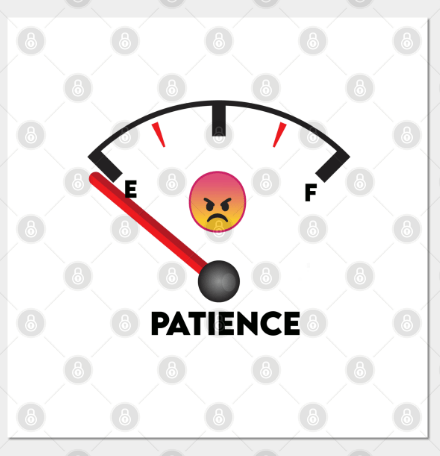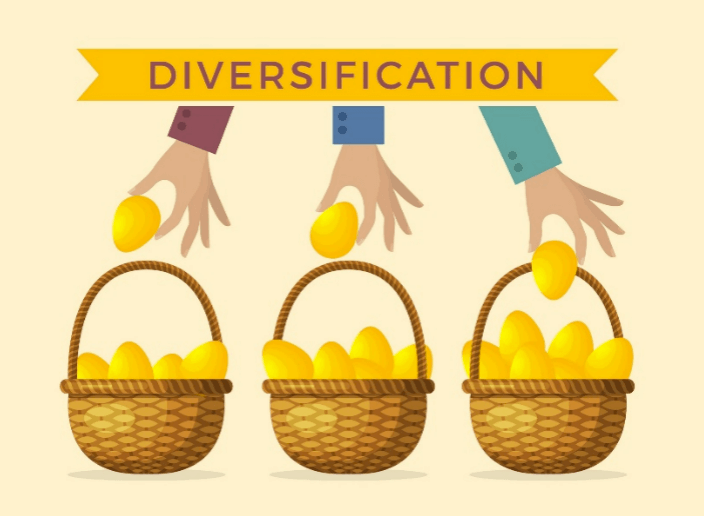
1. Invest in areas you are not familiar with
One of the world's most successful investing gurus, Warren Buffett, is adamantly opposed to investing in unfamiliar territory. In other words, if you don't understand the company's business model, don't buy their stock. The best way is rather to diversify by buying ETFs and mutual funds. If you do invest in individual stocks, you should know the company well before investing.
2. Be obsessed with a certain company
After buying a stock, if the company is doing well, we are likely to have a favorable impression of the company, even forgetting that we bought the stock for the sole purpose of investing. Remember, you buy stocks to make money, and if the company's fundamentals change, consider selling it.
3. Lack of patience
Is it true that only those who are down-to-earth and steadfast can succeed in the end? Whether at the gym, at school, or at work, only those people have the last laugh. The same goes for investing. Stocks that rise slowly but steadily tend to go farther than stocks that jump suddenly in the last few minutes. If you have higher expectations for your investment account than what you actually plan for, it's going to be a disaster. You need to have a reasonable expectation based on how long the individual stock has been held and its rally.

4. Frequent buying and selling
Excessive turnover rate, or frequent buying and selling, will also wipe out profits. Unless you're an institutional investor with low transaction fees, transaction fees alone can eat into your profits, not to mention stamp duty and the opportunity cost of missing out on good long-term investment returns.
5. Keep up with market timing
Market timing is arguably the cousin of turnover that can eat into your profits as well. It is difficult for us to accurately time the market, and even institutional investors occasionally miss out. There is famous study "the Determinants of Portfolio Performance", by Brinson, Hood, and Beerbower, in which they investigate the return on investment of U.S. pension funds.
The results show that, on average, nearly 94% of the return on investment is determined by the original investment strategy. For us outsiders, our return on investment is largely determined by our asset allocation strategy, not market timing, or even stock selection.

6. Failure to stop loss in time
If you lose money on one of your stocks, but you've been reluctant to sell it and plan to hold on until the stock returns to where you bought it, you're likely to lose more. In behavioral finance, this is a cognitive bias. First, the price of the losing stock could continue to fall, even to the point of being worthless. Second, you also lose the opportunity cost of making better use of those investments.
7. No diversification
While professional investors can create "alpha" returns (risk-reward) by focusing their investments, ordinary investors should stick to the principles of diversification. If your investment account is primarily made up of ETFs or other funds, you should try to cover all the major industries. If your investment account is mainly composed of individual stocks, you will also need a broader coverage and reduce the weight of those industries that you have little control over. Each investment should not exceed 5% to 10% of your assets.

8. Invest too emotionally
Perhaps the number one killer of your ROI is your emotions. The axiom that fears and greed rule the market is very true, so don't be easily defeated by fear or greed, we need to look further. Stock market returns can be volatile in the short term, but historically, large-cap stocks have averaged 10% to 11% returns. Over the long term, your account's return should deviate little from these averages. In fact, you can even benefit from the irrational decisions of other investors.





